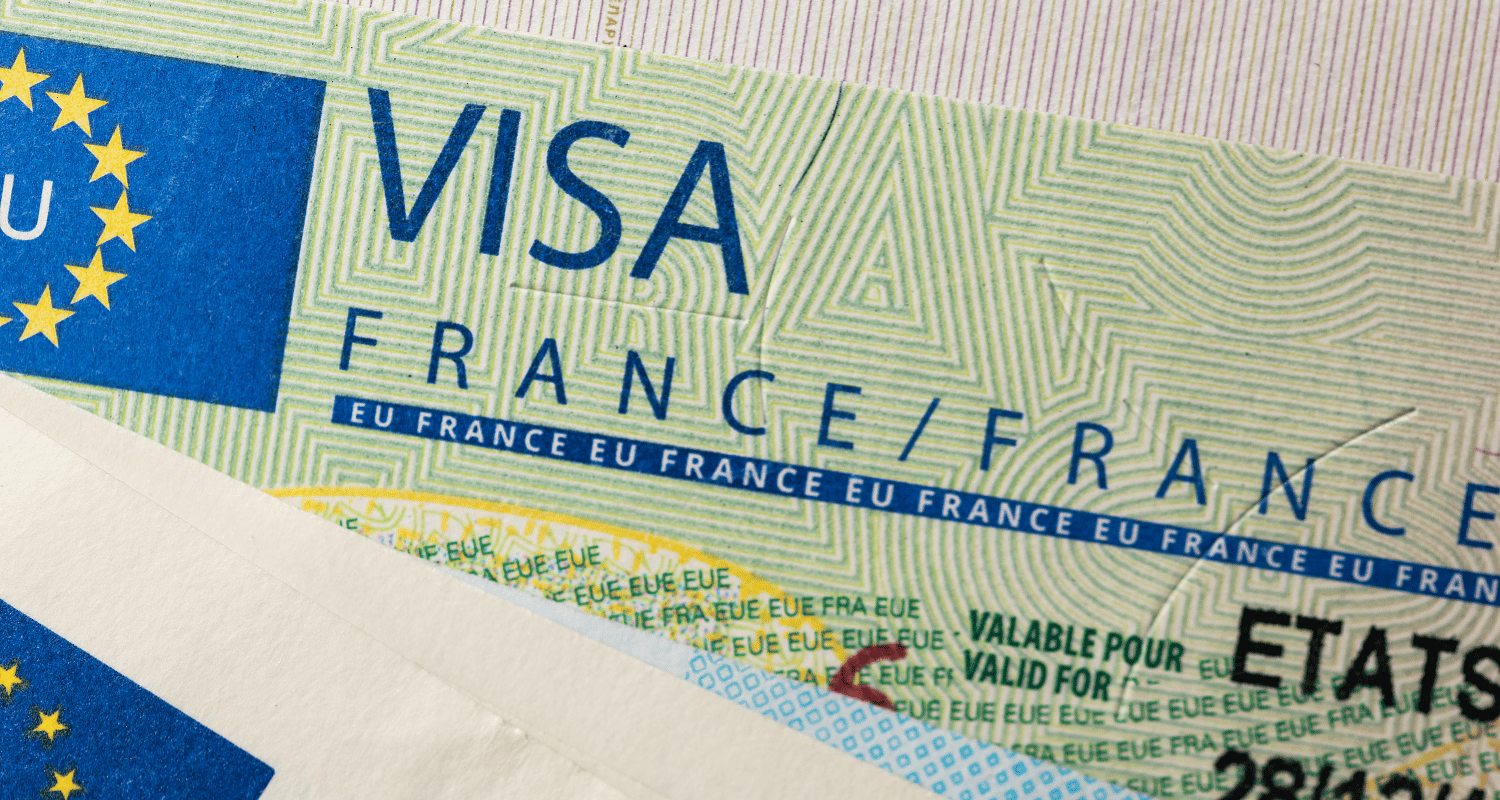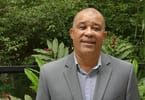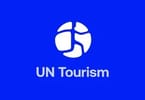Korea jumped on the bandwagon of fast growing medical tourism last year, hoping that it could become a new growth engine and attract more than 200,000 medical tourists in 2013.
Korea, often dubbed “The Land of Morning Calm,” is already seeing a surge of inbound medical tourists in search of better medical services at bargain prices.
According to the Ministry for Health, Welfare and Family Affairs Sunday, the number of foreigners visiting Korea for medical treatment jumped 32.1 percent to 9,075 in the first quarter of this year, up from 6,872 a year ago.
A recent Gallup poll shows how rosy the prospect of the global medical tourism market is. The survey found nearly three in 10 Americans would consider crossing the border for medical treatments such as heart bypass surgery, hip replacement and plastic surgery as domestic healthcare costs continue to rise.
Less developed Asian countries such as Thailand and India have raked in billions of dollars thanks to the booming medical tourism market.
Singapore also draws hundreds of thousands of foreigners each year as people in many of its neighboring countries are in need of affordable but high-quality medical services that cannot be found in their homelands.
Korea is a latecomer in this lucrative business. The world’s 14th largest economy, however, appears to have all the competitive edges over its rival Asian medical tourist destinations.
Virtually everyone is covered by the national health insurance scheme in Korea. Medical fees have been strictly controlled by the government and remain at a fraction of the prices in the United States and even cheaper than those in China and Singapore. As the country developed into an IT powerhouse with an abundance of highly skilled labor, its medical technology has rapidly evolved to match the level of the state-of-art technology it exports all around the world.
In an effort to give its fledging industry a boost, the government also passed a bill in May that allows hospitals to launch marketing campaigns or pay commissions to agencies to bring in more patients in their wards.
Is Korea Heading for Success?
Despite growing optimism, many experts, however, doubt that medical tourism will become one of Korea’s main growth engines. Dr. Yoo Byung-wook at Soon Chun Hyang University Hospital’s International Clinic in Hannam-dong, Seoul, says that medical tourism can turn into a nightmare instead of a cash cow.
“I am quite convinced that the majority of Korean doctors are honest and dedicated and will take good care of foreign patients. But I have to point out that Korea is not quite prepared to bring in tourists from overseas for many reasons, including medical disputes,” Dr. Yoo said.
“People in Western countries like the U.S. and Australia used to make a joke about Hyundai, pronouncing it ‘Hyun Die,’ due to its lack of safety measures.
What kind of safety measure has the government prepared for medical tourism? Korea should not risk its growing brand image by risking other people’s lives.” Rep. Lee Ae-joo of the ruling Grand National Party also claimed at a National Assembly session in November that Korea should not bring in medical tourists until proper legal frameworks are established. “We have yet to set up a proper legal system for domestic patients. It will be a disaster when an accident happens to a foreigner,” Lee said.
Korea has yet to establish an arbitration board to deal with medical disputes or a mechanism to compensate a patient suffering from severe complications or medical malpractices.
Critics say Korea’s medical tourism is still in infant stage and has a severe shortage of human resources that can cater to the needs of foreign patients.
“How many nurses and doctors can speak the languages of foreign patients fluently, such as English, Russian and Spanish?” said Dr. Yoo. “It will take a considerable time before we have medical staff who can handle foreign nationals in their languages.”
Woo Bong-sik, a medical doctor and CEO of medical agent Docstour, is vocal about Korean hospitals’ lack of preparedness to host foreign tourists.
“The so-called big five general hospitals in Seoul are struggling with too many patients. They don’t see a reason to actively attract foreign patients,” said Woo in a recent media interview.
“A large number of major hospitals are currently running international clinics just to save face.
Many of them have yet to be prepared, even unable to properly calculate medical fees for foreigners.”
Medical Tourism or Travel?
Dr. Yoo is critical of the government’s efforts to incorporate medical care with tourism. He says the terminology should be changed to medical travel.
“In order to succeed in this emerging field, Korea should focus on what it is best at, which is the treatment of serious illnesses, where Korea’s medical technology is often far advanced than that of Thailand and Singapore,” Dr. Yoo said. “I think the term should be changed to medical travel to put more emphasis on the advancement of medical cures that the country can offer.” Lee Young-ho, director of global marketing at the Korea Medicine Overseas Promotion (KMOP), also agrees to the view. He says that the focus of promoting Korea’s medical market should be on its advanced medical technology before anything.
“We are seeing an increasing number of patients who come to Korea for high-quality treatment, instead of cheaper alternative one,” Lee said. “Parkhomenko Nikolai is a good example. The Russian man is currently in Seoul to have another heart surgery at Severance Hospital.
The result of his first surgery in Singapore was not satisfactory and he chose Korea after doing his research. For people like Nikolai, the utmost importance is medical technology rather than the cost.”
Medical Fees on the Rise
With the advent of medical tourism in Korea, many major hospitals in Seoul have started to charge more to foreigners who are not covered by the national health insurance scheme. In the past, uninsured foreigners were charged the rate that Korean nationals without insurance would pay, but now many foreigners are paying two to three times more.
Korea University Medical Center is one of the few remaining tertiary hospitals in Seoul that charge the same rate that Koreans pay on foreigners. Themedical center, however, will likely start to charge higher rates soon.
According to a hospital official, it has formed a task force to determine separate rates on medical tourists.
On the rising medical fees for non-Koreans, an English teacher in Seoul said, “This is totally absurd. What if I take a cab or go to a hotel, should I pay more because I can’t speak Korean? The Korean hospitals are hiding the actual cost, while advertising it to be much lower.” According to the English Web site of KMOP, the overall price of medical services in Korea is 20 to 30 percent of that in the U.S.
The latest statistics produced by KMOP also suggests that Korea’s medical fees are 3 times lower than those of the U.S.
A 2008 survey by the Tourism Ministry, however, reveals that American medical tourists do not feel fees in Korea are quite as cheap as KMOP has publicized.
Those surveyed said they had an impression Korean medical services are only 20 to 30 percent less expensive than those in the U.S. They believed dental treatments are roughly 30 percent cheaper, whereas cosmetic surgery is 30 percent more expensive.
This shows that tourists coming to Korea in hopes of cheap medical care may feel cheated.
The secretive and often ambiguous pricing policies of Korean hospitals also make it difficult for medical tourism agencies to do their job. “If one wants to sell a product, one should let the buyer know the price first,” said an official of a medical tourism agency.
In contrast to those major hospitals in Seoul, Inha University Hospital in Incheon, however, applies the same rate that Koreans pay on foreigners and plans to post fees on its Web site.
Meanwhile, most of the hospitals with an increasing number of medical tourists say it is inevitable for them to charge more to foreigners as it often takes much more effort and time to handle non-Korean patients.
“It takes almost four times longer to serve a foreign patient.
The increased fee, however, helps us better serve patients,” said Dr. Shin Jung-eun at Konkuk University Medical Center.
“I understand that if foreigners realize they have paid more, they will be disheartened. But what really matters is that foreign patients feel satisfied with our high quality medical service.” Lee and Jung Jin-soo, the chief officer of the strategic product department at the Korea National Tourism Organization, also acknowledged the rising trend of medical fees on foreigners without insurance.
“I am aware that big hospitals like Severance Hospital charge more and will increase the rate.
But I don’t think it is right for the government to regulate the price.
We should understand that hospitals have to make up for additional costs such as interpretation,” Jung said.
Lee also says that the government should stop putting too much emphasis on the low costs of medical treatments in Korea.
“We are not trying to mislead the public or foreigners. It has been, however, a daunting task for us to compute the complicated pricing which heavily depends on the severity of a patient’s illness and the treatment methods,” Lee said when asked about the reliability of KMOP’s data on medical fees. “I also believe the price should be left to the market condition and the quality of the service that hospitals offer. If the government start to regulate the price, hospitals will be discouraged from offering the high-quality medical services foreigners want.” Some say medical tourism will improve the level of medical services for both locals and foreigners, but many are skeptical. They argue that medical personnel and resources will be taken away from those have-nots and only the haves and foreigners with deep pockets will gain access to luxury medical care.
In this regard, Dr. Yoo says although Korea has great potential to excel in medical tourism, it will never be successful unless hospitals put the patients before profits.
WHAT TO TAKE AWAY FROM THIS ARTICLE:
- In an effort to give its fledging industry a boost, the government also passed a bill in May that allows hospitals to launch marketing campaigns or pay commissions to agencies to bring in more patients in their wards.
- As the country developed into an IT powerhouse with an abundance of highly skilled labor, its medical technology has rapidly evolved to match the level of the state-of-art technology it exports all around the world.
- Korea has yet to establish an arbitration board to deal with medical disputes or a mechanism to compensate a patient suffering from severe complications or medical malpractices.





















